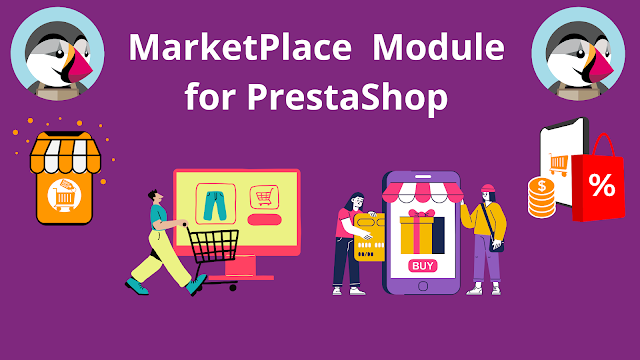What is the difference in profitability and potential for growth between the Amazon FBA program and starting your own online store using a platform like Shopify?
- Get link
- X
- Other Apps
The Amazon FBA (Fulfillment by Amazon) program and starting your own online store using a platform like Shopify offer distinct paths for building an e-commerce business. Each has its own advantages and challenges when it comes to profitability and growth potential. Here’s a comparison to help you understand the differences:
Amazon FBA
Profitability:
- Lower Initial Costs: You don't need to invest heavily in marketing or a website.
- High Fees: Amazon charges various fees, including referral fees, fulfillment fees, and storage fees. These can eat into your profit margins.
- Large Customer Base: Access to Amazon’s vast customer base can lead to quick sales, helping to boost revenue.
Growth Potential:
- Scalability: Amazon’s infrastructure can handle significant volume increases without additional investment on your part.
- Limited Branding: Building a unique brand on Amazon is challenging due to competition and Amazon’s control over the customer relationship.
- Dependence on Amazon: Your business is subject to Amazon’s policies, fees, and changes, which can impact growth and stability.
Starting Your Own Online Store Using Shopify
Profitability:
- Higher Initial Costs: Requires investment in website development, marketing, and inventory.
- Lower Fees: Fewer platform fees compared to Amazon. Shopify charges a monthly fee and transaction fees, but these are generally lower than Amazon’s fees.
- Better Margins: Control over pricing and customer data allows for better profit margins through direct sales.
Growth Potential:
- Brand Control: Full control over your brand, website design, and customer experience, which can lead to stronger brand loyalty.
- Marketing Flexibility: Ability to use various marketing strategies (SEO, social media, email marketing) to drive traffic and sales.
- Independence: Less dependence on a single platform’s policies and changes. You have more control over your business’s direction and growth.
Detailed Comparison
Market Reach:
- Amazon FBA: Instant access to millions of Amazon customers. High visibility and trust due to Amazon’s reputation.
- Shopify: Requires building your own customer base through marketing efforts. More challenging initially, but offers long-term benefits in brand loyalty and customer relationships.
Control:
- Amazon FBA: Limited control over the customer experience, branding, and pricing. Amazon handles logistics and customer service, which can be beneficial but also restrictive.
- Shopify: Full control over every aspect of your store, from design to customer service. Greater ability to implement and test marketing strategies.
Competition:
- Amazon FBA: High competition with other sellers, often leading to price wars. Difficult to differentiate your products.
- Shopify: Competition is present but can be mitigated through effective branding and marketing. Easier to stand out in a niche market.
Customer Data:
- Amazon FBA: Limited access to customer data. Amazon owns the customer relationship and can restrict your ability to remarket to past buyers.
- Shopify: Full access to customer data, allowing for personalized marketing and better customer insights.
Logistics:
- Amazon FBA: Amazon handles storage, packing, shipping, and customer service. This can save time and reduce logistical headaches.
- Shopify: You need to manage your own fulfillment or use third-party fulfillment services. This requires more effort but offers greater flexibility and potentially lower costs.
Conclusion
Amazon FBA is ideal for those who want to quickly start selling with minimal upfront investment and leverage Amazon’s infrastructure and customer base. It offers high scalability but comes with higher fees and less control over your business.
Starting your own online store with Shopify is best for those who want full control over their brand and customer experience. It requires more initial effort and investment in marketing but can lead to higher profitability and growth potential in the long run.
Your choice will depend on your business goals, resources, and preference for control versus convenience.
Transform Your PrestaShop into a Thriving Multi-Vendor Hub


Comments
Post a Comment